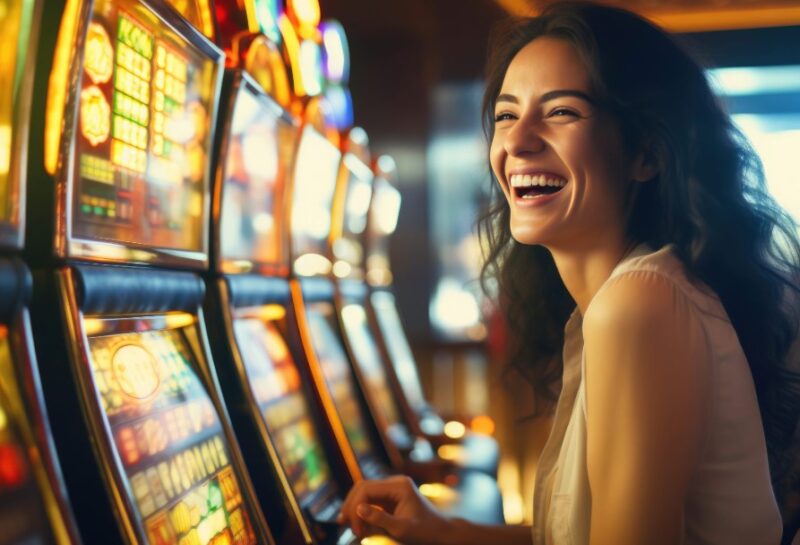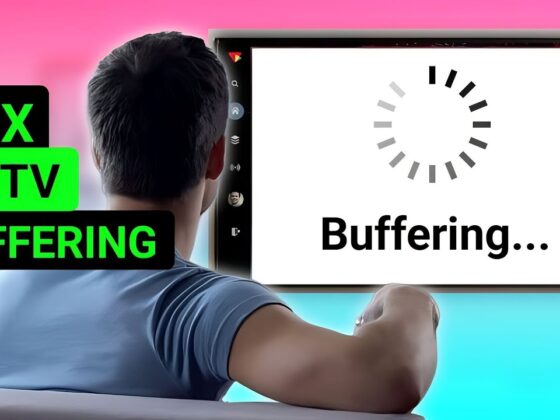How far would you go for the thrill of a big win? The stakes might seem exciting, but beneath the surface, the price could be higher than expected. The connection between big bets and emotional well-being is a story that many never see coming.
Key Points:
- High-stakes bets can affect emotions and decision-making.
- Impulsive risks often disguise deeper emotional struggles.
- Constant exposure to betting environments may lead to addictive patterns.
- Seeking help early can prevent long-term emotional damage.
Why Does Gambling Feel So Addictive?
The rush of a big win can feel intoxicating. But why? At its core, gambling taps into the brain’s reward system. The promise of unpredictable rewards triggers dopamine, a chemical that creates feelings of happiness. Over time, the brain craves more, pushing individuals to chase that elusive high.
For some, small bets remain harmless entertainment. For others, the line between fun and obsession becomes blurry. Risks escalate, and decisions feel less like choices and more like compulsions. The problem? Chasing losses often leads to mounting stress, anxiety, and shame.
Is It Just Luck or Something Else?
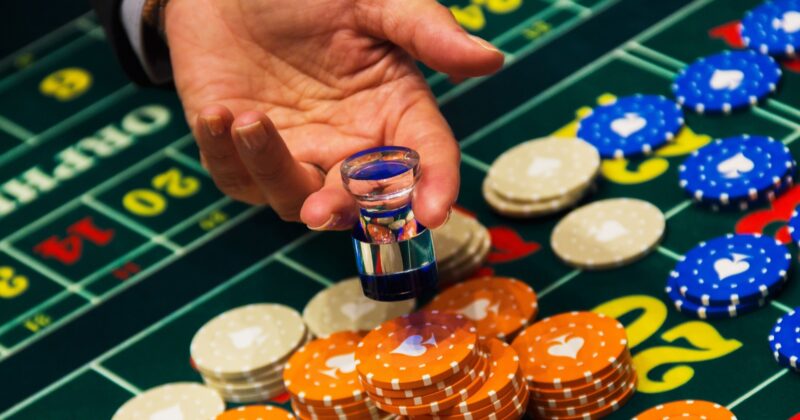
Luck plays a part, but gambling environments are designed to keep you engaged. Bright lights, upbeat sounds, and fast-paced action create an atmosphere that feels alive. Add in the convenience of platforms like Casino 168, offering live casino games, football betting, and slot experiences, and the temptation grows stronger. Accessibility means more people engage, often without fully understanding the risks involved.
Casinos know how to keep players hooked. Small wins reinforce participation, even when losses outweigh gains. This cycle can quickly spiral into risky patterns, leading to emotional strain or financial problems.
Does Gambling Impact Mental Health Directly?
The relationship between betting habits and mental health issues often works both ways. People struggling with anxiety or depression may turn to gambling as a distraction. The momentary escape feels good. However, repeated losses or mounting debt create new problems, intensifying existing struggles.
Key indicators of emotional distress tied to gambling:
- Irritability or restlessness when avoiding bets.
- Using gambling as a coping mechanism.
- Feeling guilt or shame after losses.
A survey conducted by the National Council on Problem Gambling revealed that over 80% of compulsive gamblers experience heightened stress, depression, or anxiety. The highs and lows of gambling mimic an emotional rollercoaster, leaving players exhausted and vulnerable.
Can Big Wins Solve Bigger Problems?
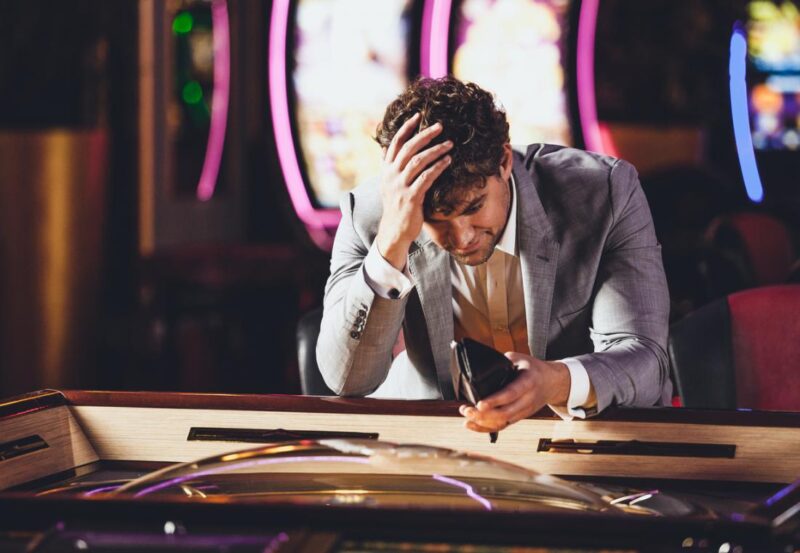
Big wins seem like the answer to financial woes or personal setbacks, but they rarely are. The euphoria fades quickly, leaving many in the same emotional or financial position as before. Worse, it often reinforces the idea that more betting could fix everything.
A study published by the American Psychological Association found that even those who scored major wins were likely to lose their earnings within a year. Why? Overconfidence leads to higher risks, but the odds rarely work in anyone’s favor long-term.
How Can You Recognize Problem Behaviors?
Spotting risky patterns early can save both emotional and financial damage. Ask yourself these questions:
- Do you spend more time gambling than intended?
- Do you hide your betting activities from loved ones?
- Are you using gambling to escape personal stress?
If the answer is yes to even one, it may be time to reevaluate your habits.
Are There Ways to Break the Cycle?
Yes, breaking the cycle starts with awareness. Recognize the impact that excessive betting has on your life. Confide in someone you trust, or seek professional guidance. Strategies that can help:
- Limit access to gambling platforms.
- Set strict budgets and time restrictions.
- Engage in alternative activities for relaxation or excitement.
Many recovery programs now offer specific support for gamblers, combining therapy and practical financial advice. The earlier you seek help, the better the outcomes.
Could Casinos Do More to Protect Players?
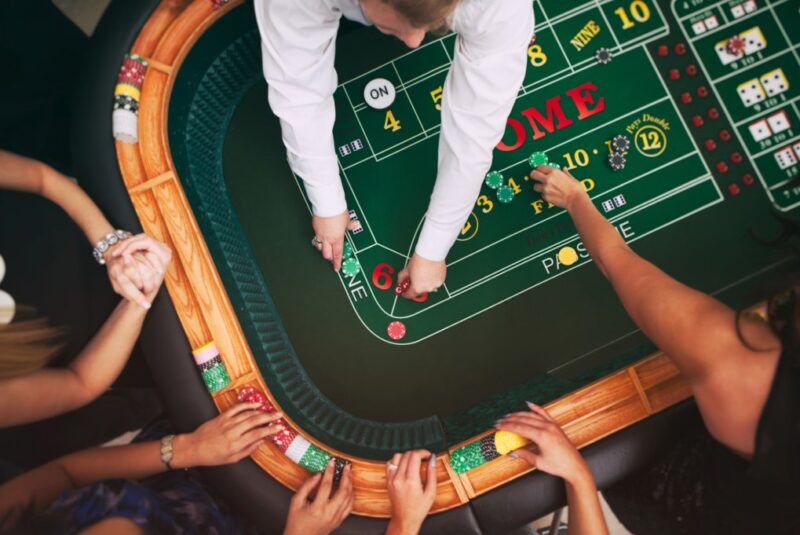
Some casinos have implemented measures to support responsible gambling. Features like self-exclusion programs, spending limits, and reminders aim to reduce harm. However, critics argue that the industry could do more to prioritize player well-being.
Consider the platforms offering 24-hour gaming. Convenience should come with stronger safeguards. Transparency about odds, clear warnings, and stricter regulations could help minimize risks.
Final Thoughts
Gambling and mental health are connected in ways that often go unnoticed. For some, betting remains harmless entertainment. For others, it becomes a dangerous trap that affects emotions, finances, and relationships. Recognizing the signs early and taking proactive steps can make all the difference.
Would you risk it all for a fleeting high? Or would you choose balance over chaos? The choice is yours—but knowing the stakes can help you make better decisions.
